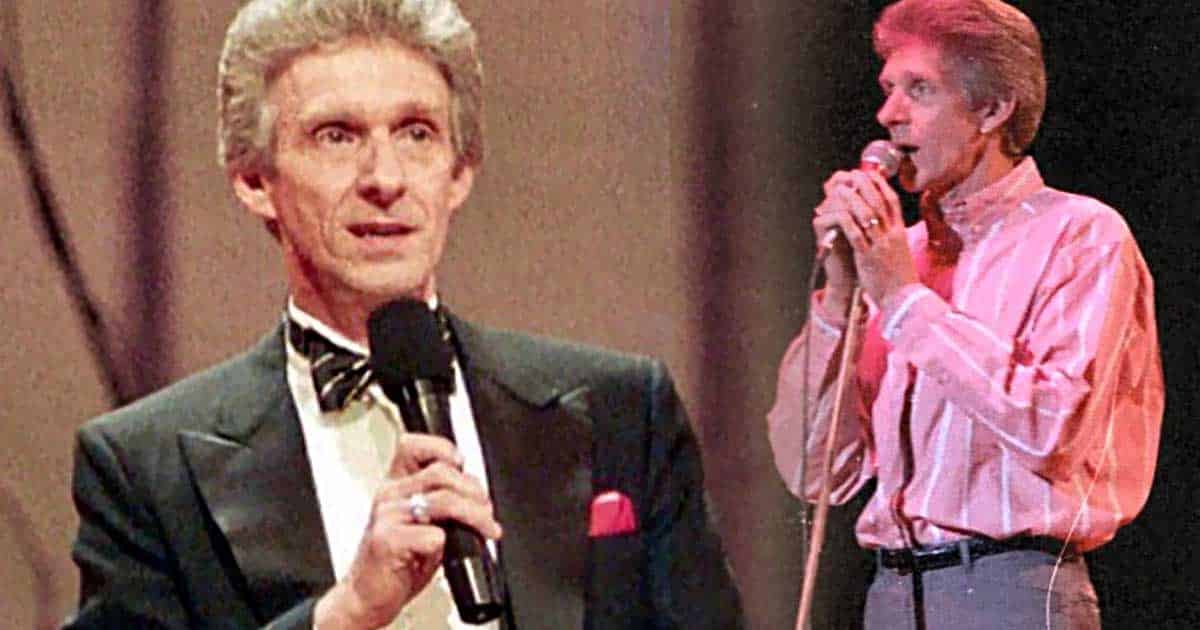
In the golden era of American country and gospel music, The Statler Brothers were a sound of comfort and familiarity, a group whose rich harmonies could fill any room with warmth. While Harold Reid brought humor, Don Reid carried the lead, and Lew DeWitt (later Jimmy Fortune) soared with his high tenor, there was always Phil Balsley, the soft-spoken baritone whose quiet presence completed the magic. He never sought the spotlight, yet without him, the Statlers wouldn’t have been the same.
Born August 8, 1939, in Staunton, Virginia, Phil grew up in the small-town heart of the Shenandoah Valley. Music found him early, but unlike some of his bandmates, he never craved attention. He was content to stand slightly to the side, guitar in hand, anchoring the group’s harmonies with his steady, comforting baritone. Fans would come to know him as “The Quiet One,” a nickname that stuck because he rarely spoke on stage, letting his voice and presence say all that needed to be said.
The Statler Brothers’ journey to fame began as backup singers for Johnny Cash in the 1960s. Phil’s soft-spoken nature was the perfect counterbalance to the booming personality of Harold Reid. While others joked, danced, and entertained the crowd, Phil was the steady heartbeat of the group. He wasn’t flashy, but his subtle harmonies gave songs like “Flowers on the Wall” and “Bed of Roses” their unmistakable texture. Fans might not have noticed him at first glance, but they felt his presence in every chord.
Off stage, Phil was a devoted family man and a true son of Virginia. He often preferred the quiet rhythm of small-town life to the glitz of the music business. While tours and television appearances brought him around the world, he always returned to Staunton, where he could be himself without the demands of the spotlight. It was this deep connection to home that gave the Statlers’ music its authenticity—songs that felt like they came from front porches, Sunday mornings, and old country roads.
One of the more poignant truths about Phil Balsley’s life came later, away from the stage. He endured the loss of his wife, Wilma, a tragedy that broke his quiet heart. Friends and fans noted that his shy smile became even softer, and his retreat into privacy grew deeper. He carried himself with the same quiet dignity that had defined his career, never seeking sympathy, only living life on his own gentle terms.
When the Statler Brothers retired in 2002, Phil didn’t chase solo fame or television appearances. True to his nature, he quietly stepped back from the spotlight, leaving fans with decades of music and memories. Today, he remains a beloved figure in country music history, admired not just for his talent but for the way he carried himself—with humility, loyalty, and grace.
Phil Balsley may have been “the quiet one,” but his voice and spirit live on every time a Statler Brothers song plays on the radio. He is proof that in music, as in life, sometimes the ones who speak the least leave the deepest echoes.